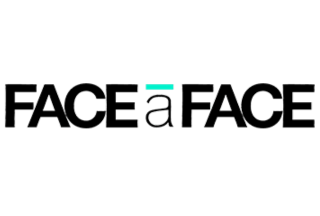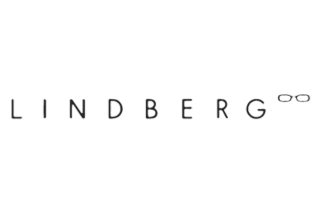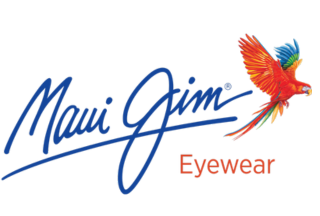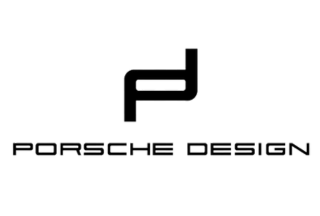Blue Light Glasses For Sydney CBD
What is the hype about blue light, circadian rhythms, blue light glasses, melatonin, smartphones, iPads, computers, and all LED devices? Is it good for us? Is it harmful?
Our bodies have an internal clock that in any given 24 hour period controls sleeping, waking and many other processes of our physiology. Daily exposure to sunlight (which contains blue light) is the stimulus that stops our circadian clock from going out of balance. It can be particularly hard for people who live in Polar Regions, where prolonged dark or prolonged light periods make it hard to regulate their body clocks. It can cause and create a prolonged feeling of jetlag, fatigue, and sleeplessness, and you can end up performing below expectations and potentially put your health at risk.
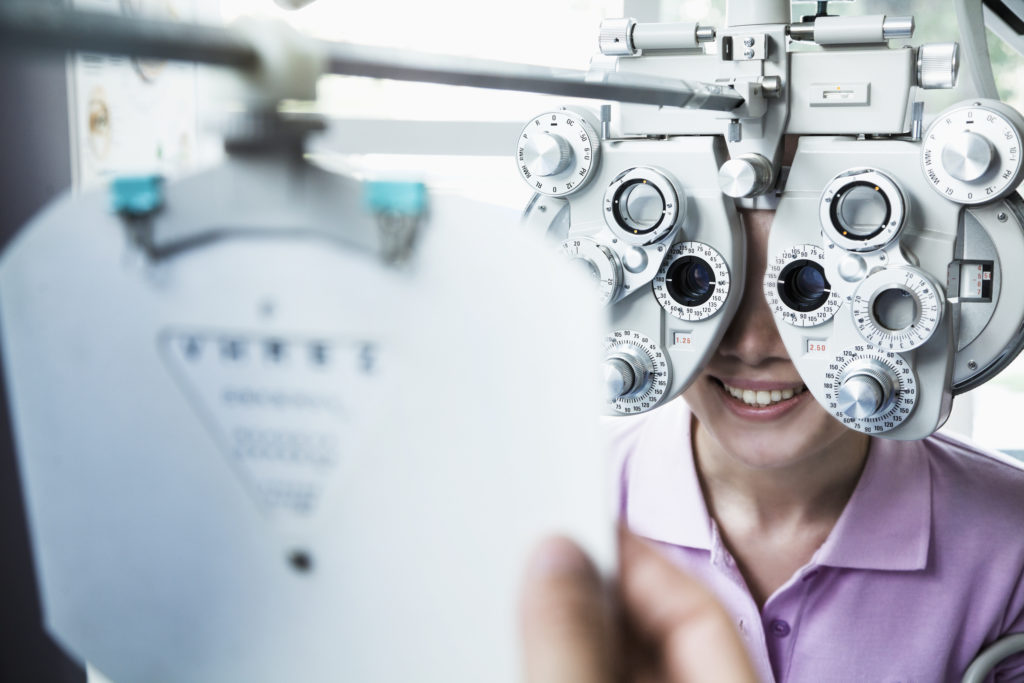
- Red and irritated eyes
- Dry eyes
- Blurred vision
- Fatigue
- Back, neck and shoulder pain
- Headaches
*2012 VisionWatch Findings: A survey among 10,000 adults across America about their use of digital media and symptoms of visual stress, conducted by The Vision Council.
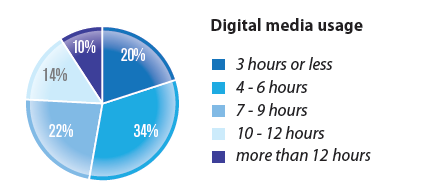
Understanding the Role of Blue Light in Circadian Rhythm
Introduction
Blue light plays a crucial role in regulating our body’s internal clock, also known as the circadian rhythm. This rhythm governs our sleep-wake cycle, hormone production, and overall physiological processes.
Melanopsin Receptors and Melatonin Regulation
- Activation of Melanopsin Receptors: Pigmented cells in the retina are activated by blue light, stimulating melanopsin receptors.
- Melatonin Release Regulation: Melanopsin receptors inhibit melatonin release during the day, promoting wakefulness, and increase melatonin production in the evening, facilitating restful sleep.
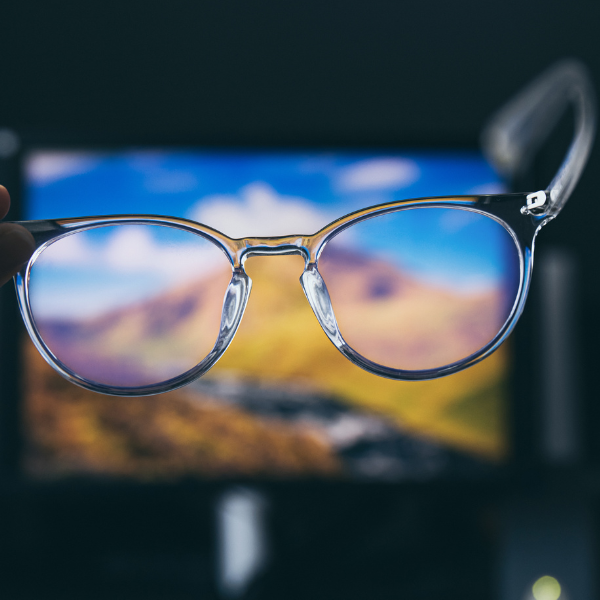
Impact of Blue Light Exposure
- Effects of Screen Time on Sleep: Increased use of smart devices emitting blue light in the evening can disrupt sleep patterns for both adults and children.
- Suppression of Melatonin Release: Blue light exposure from screens tricks the body into perceiving it as daytime, suppressing melatonin release and hindering sleep initiation.
- Importance of Morning Light Exposure: Morning light exposure helps reset the body’s internal clock, regulating waking and sleeping times.
Characteristics of Blue Light
- Activation of Melanopsin Receptors: Pigmented cells in the retina are activated by blue light, stimulating melanopsin receptors.
- Melatonin Release Regulation: Melanopsin receptors inhibit melatonin release during the day, promoting wakefulness, and increase melatonin production in the evening, facilitating restful sleep.
Health Implications of Blue Light Exposure
- Eye Damage: Prolonged exposure to blue light is associated with harmful effects on eye health.
- Impact on Sleep Quality: Blue light exposure reduces overall sleep time, disrupts sleep patterns, and lowers melatonin production.
- Temperature Regulation: Blue light exposure increases body temperature at night, hindering sleep onset.
Alternatives and Solutions
- Red Light Exposure: Studies suggest that exposure to red light in the evening may lower body temperature and improve sleep quality.
- Blue Light Filtering Glasses: Blue light glasses can help mitigate the negative effects of blue light exposure, especially for office workers exposed to screens for prolonged periods.
Conclusion:
While blue light exposure has been linked to adverse health effects and sleep disturbances, understanding its role in circadian rhythm regulation is essential. Implementing strategies to minimize blue light exposure, such as using filtering glasses or adjusting screen time, can help maintain a healthy sleep-wake cycle and overall well-being.
Exposure to blue light during daylight hours can
- Increase attention and alertness
- Increase reaction time
- Lessen daytime fatigue and sleepiness
- Lengthen attention span
Some examples of available lens types from the manufacturers are –
- Rodenstock Balance
- Hoya Blue Control
- Carl Zeiss Duravision Blue Protect
- Opticare Blue Guardian
- Essilor Crizal Prevencia
- Nikon SeeCoat Blue UV
At Personal Eyes Optometry in the Sydney CBD, we have had feedback from some of those that have been using their blue light control glasses and the general consensus has been a noticeable reduction in eyestrain and eye fatigue.
Many of the smart devices today have the option of blue light filtering apps available within their operating system. Apple, for instance, has Night Shift that allows the screen lighting to be shifted to a warmer color. This can be a simple adjustment made from Settings on the control panel, and this, of course, can then be readjusted back to normal for daytime settings.
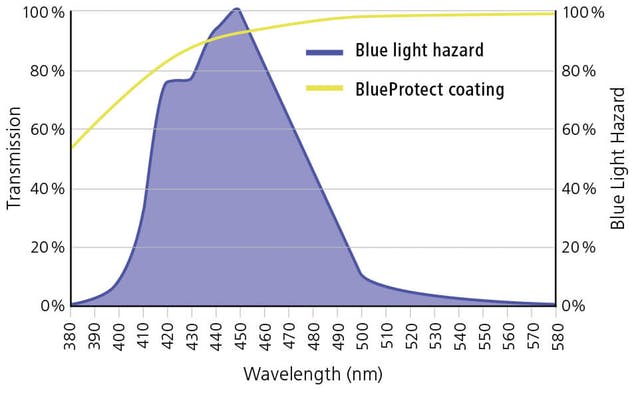
In summary blue light is both essential for wellness but it can create problems with good sleep and our circadian clock. Melatonin is essential for good sleep and indeed, these days, many people do have it prescribed as a supplement by their GP, particularly those with auto-immune disorders.
Remember that with good daylight exposure we can improve our mood, our memory, and motor skills, improve attention and therefore strengthen our circadian rhythms resulting in an improvement on our night sleeping. To assist we can use our blue light glasses to reduce the fatigue and eyestrain that Sydney computer users get with many of these LED Smart devices.
Alternatively, we can reduce the use of these devices at night (or better still to avoid them) or refrain from using them 1-2 hours before bed and if possible, do not recharge them by your bedside, removing the temptation to use them.
For a Medicare Eye test and assessment of your need for blue light, glasses call us on 9235 2236 at Personal Eyes Optometry in heart of the Sydney CBD.


